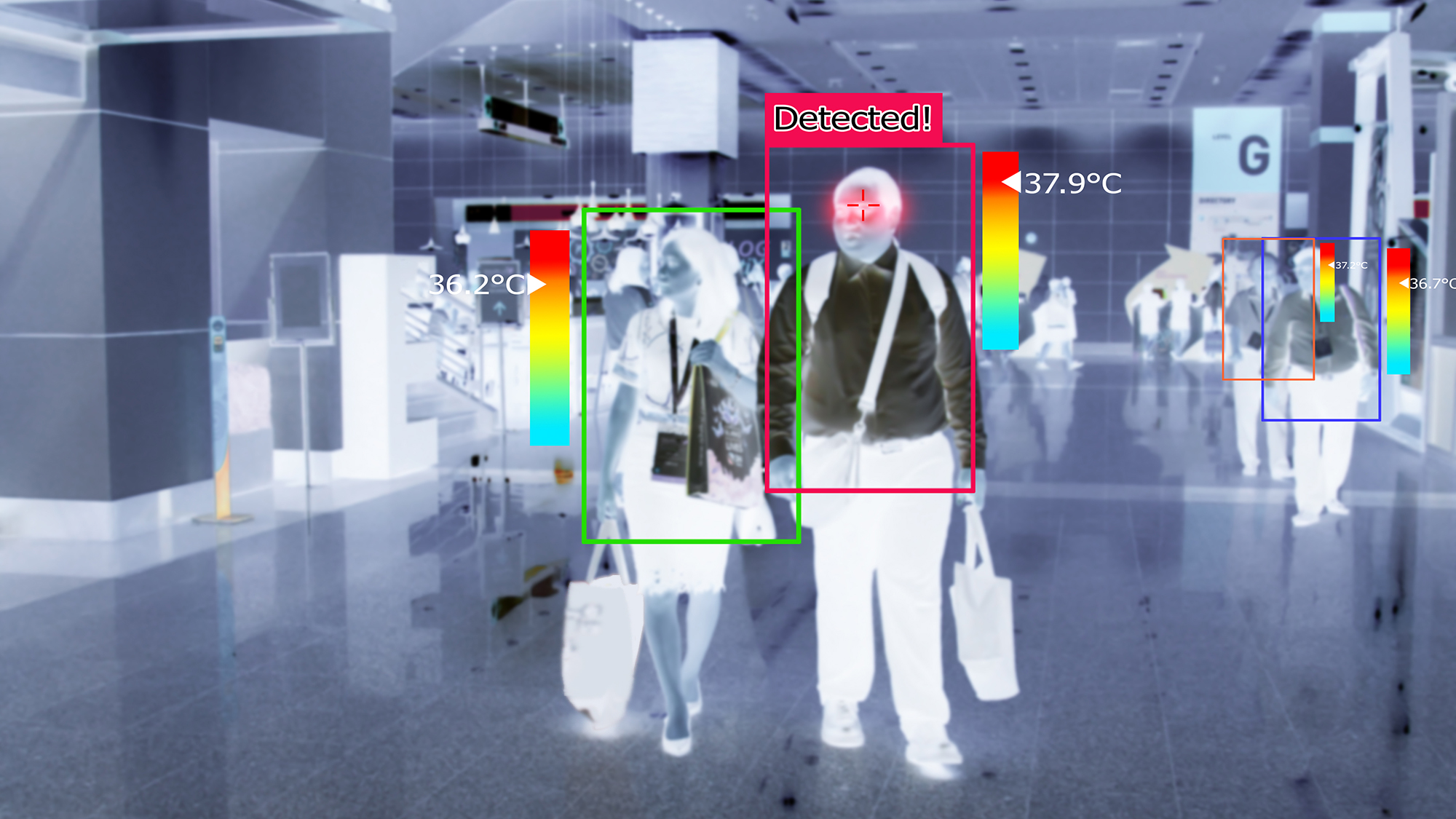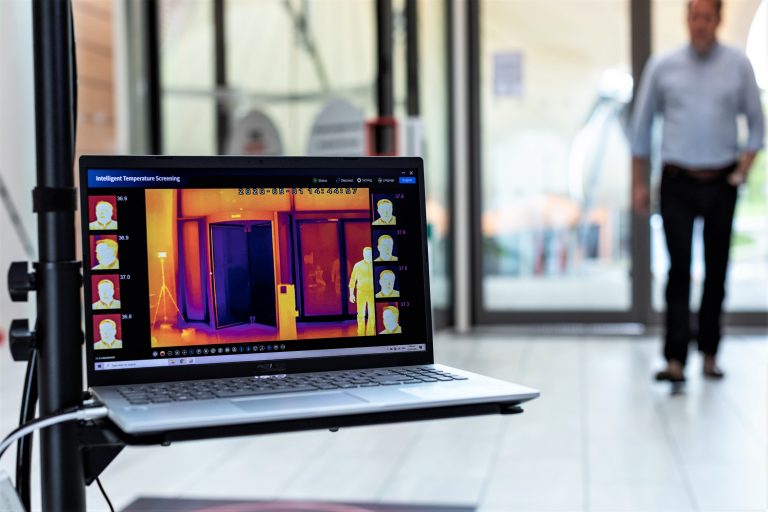Vodafone sustains surge in demand for data services
COVID-19 outbreak causes traffic across networks to surge, with plans to provide capacity for government functions


The spread of coronavirus across Europe has seen mobile network operator Vodafone sustain a 50% surge in demand for data services in some markets in a short period of time.
The British telecoms firm has signalled that its first priority amid the COVID-19 outbreak has been to cope with the greater demand being placed on its network, with engineers across Europe focusing on raising capacity and resilience.
These improvements will be coordinated with new usage patterns arising as more and more people start working from home.
Vodafone will also be establishing networks reserved for mission-critical and governmental services so the surge in demand doesn’t hamper network congestion, especially for health and education.
The company will be seeking immediate access to physical sites, with the help of governments, while retaining greater control over prioritising traffic.
“Through our networks, and our dedicated team, we will strive to ensure that people stay connected to their family and friends, businesses can continue to run using remote working, our health services get all the support we can deliver and students are able to continue their education virtually,” said Vodafone’s chief executive Nick Read.
Vodafone 5G network review: Patchy coverage douses potential Birmingham crowned the fastest UK city for 4G download speeds Benefits of flexible working (including for parents) 4G vs 5G - what's the difference?
“Whilst still putting the health and safety of our teams first, using our remote working technology, our teams are working round the clock to ensure that we deliver on this plan. I want to personally thank them all for providing this critical service for our customers.”
Get the ITPro daily newsletter
Sign up today and you will receive a free copy of our Future Focus 2025 report - the leading guidance on AI, cybersecurity and other IT challenges as per 700+ senior executives
The mobile network operator’s five-point plan also includes improving the dissemination of information to the public, and improving governments’ insights into people’s movements in affected areas.
Vodafone will also ease the working-from-home process for small and micro-businesses within its supply chain, in the form of dedicated tools and advice.
Tech, media and telco analyst with PP Foresight Paolo Pescatore told IT Pro the surge in demand for data services was unprecedented in uncertain times.
“Understandingly, usage of voice and data services on both fixed and mobile networks will skyrocket. All of this means underlines the growing importance of connectivity. Sometimes we take this for granted.
“Telcos clearly need to brace themselves for an explosion of traffic over their networks. More needs to be done to stabilise the network. There are numerous techniques that will be used to re-engineer and optimise networks.
“Video is a bigger killer, given the huge amount of bandwidth required. And it’s not all about video streaming, e-learning, remote video conferences as well home remote working and schooling.
“Over the next few weeks usage will proliferate as more people work at home and kids study at home. Overall, am pretty confident that the most if not all networks are up to the challenge to handle mass-scale working while entertaining users in homes at the same time.”
The surge in demand for data comes as more and more people begin remote and flexible working patterns. The pressure on remote working tools and workplace services to deliver and sustain their services has never been higher.
However, Microsoft Teams was inconveniently knocked offline for a few hours on Monday, which led to mass frustration for many remote workers dependent on their services.
These kinds of services, which also include Slack and Facebook Workplace, meanwhile, wouldn’t necessarily sustain an increase in demand, given the volume of users and usage levels aren’t likely to increase drastically.
The biggest challenges may come in the form of demand on workplace virtual private networks (VPNs), which may need to sustain more users working remotely than ever before.

Keumars Afifi-Sabet is a writer and editor that specialises in public sector, cyber security, and cloud computing. He first joined ITPro as a staff writer in April 2018 and eventually became its Features Editor. Although a regular contributor to other tech sites in the past, these days you will find Keumars on LiveScience, where he runs its Technology section.
-
 Why keeping track of AI assistants can be a tricky business
Why keeping track of AI assistants can be a tricky businessColumn Making the most of AI assistants means understanding what they can do – and what the workforce wants from them
By Stephen Pritchard
-
 Nvidia braces for a $5.5 billion hit as tariffs reach the semiconductor industry
Nvidia braces for a $5.5 billion hit as tariffs reach the semiconductor industryNews The chipmaker says its H20 chips need a special license as its share price plummets
By Bobby Hellard
-
 4G and 5G protected a fifth of UK business during lockdown
4G and 5G protected a fifth of UK business during lockdownNews Mobile connectivity managed to preserve £205 billion of business for the UK between March and September, O2 claims
By Sabina Weston
-
 How to beat coronavirus with the Internet of Things
How to beat coronavirus with the Internet of ThingsIn-depth Could IoT technology be the key to making workplaces COVID secure?
By Bobby Hellard
-
 Have coronavirus conspiracies damaged the rollout of UK 5G?
Have coronavirus conspiracies damaged the rollout of UK 5G?In-depth 5G was already the target of health scares and rumours – the eruption of COVID-19 has only made it worse
By Keri Allan
-
 Non voyage: Coronavirus, Brexit and the future of business travel
Non voyage: Coronavirus, Brexit and the future of business travelIn-depth The current pandemic and the UK’s impending departure from the EU could have grave consequences for corporate travel
By Carly Page
-
 Ericsson increases 5G forecast as data demand surges
Ericsson increases 5G forecast as data demand surgesNews Coronavirus pandemic has resulted in increased demand due to widespread remote working
By Sabina Weston
-
 Vodafone launches IoT-enabled camera to screen employee temperatures
Vodafone launches IoT-enabled camera to screen employee temperaturesNews The device delivers accurate information on real-time body temperature
By Sabina Weston